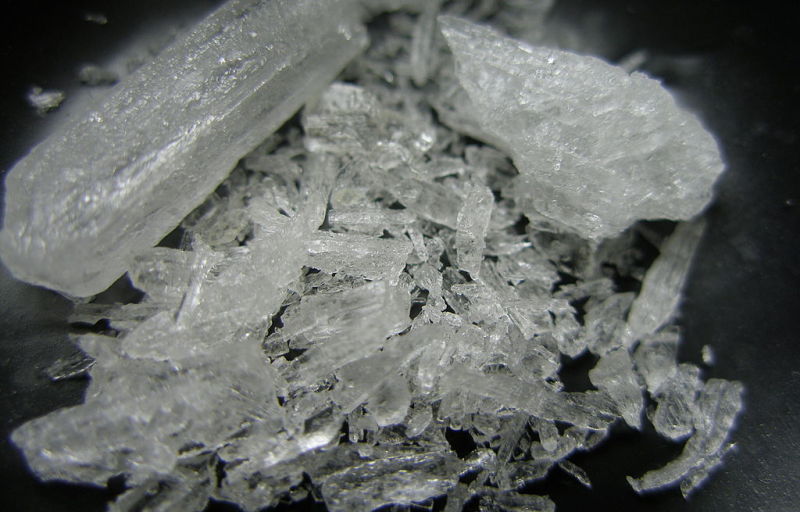
What Alcohol Does to Your Brain
In case you think stories about how alcohol can damage the brain are untrue, you should know that according to the National Institute on Alcohol Abuse and Alcoholism around 50% of all alcoholics in the U.S. will suffer neuropsychological problems related to drinking. Difficulties may be mild or severe, permanent or temporary, but statistics show that alcoholics have a 50/50 chance of suffering some type of brain impairment.
In support of Brain Awareness Week, Bluff treatment center wants you to know that it’s not too late to prevent or improve neurological damage caused by an addiction disorder. There is good news. The majority of people who seek addiction treatment show improvement in brain function within a year of being abstinent. The sooner treatment is sought, the better your chances for complete recovery.
The effects of alcohol vary and are influenced by many other factors:
- Pre-existing psychiatric conditions
- Neurological injuries and disorders
- Medical conditions
- Duration of drinking
- Age at which drinking began
- Gender
- Genetic background
How Alcohol Affects the Brain
Even after a few drinks, alcohol can cause memory loss, slurred speech and blurred vision—all symptoms of neurological impairment. For moderate or occasional drinkers this impairment is short-lived, but for chronic, heavy drinkers, the regular assault of alcohol on the brain can eventually result in a serious condition. In fact, one reason people become addicted to alcohol is because the substance literally changes the way the brain works.
Alcohol alters our neurotransmitters, those messengers that send signals from the brain to the body. Unlike some other substances, alcohol affects both the inhibitory and excitatory transmitters at the same time. This explains why a person can feel both relaxed and stimulated while drinking. In addition, alcohol increases the release of the “feel good” hormone called dopamine. When this reward is stimulated over and over, the brain eventually begins to crave the substance that’s triggering the dopamine release. Eventually, alcohol overtakes the reward center and dopamine release is diminished, but by then the user is already caught in the cycle of addiction.
Because men and women metabolize alcohol differently, women are actually at greater risk of brain damage and other medical consequences of alcoholism. Studies indicate that both male and female alcoholics show signs of significant brain shrinkage when compared to control subjects. But some research shows that women begin to display brain shrinkage in about half the time as their male counterparts, even when alcohol consumption is more or less equal.
Alcoholic dementia is a well-known, but mislabeled effect of alcoholism. Wernicke-Korsakoff Syndrome is a serious brain disorder that’s caused by severe thiamine deficiency. It’s estimated that as many as 80% of all alcoholics are deficient in thiamine, an essential nutrient required by all tissues within the body. The majority of WKS patients also develop Korsakoff’s psychosis, a syndrome that causes memory and coordination problems. The combination of WKS and Korsakoff’s psychosis results in severe deficits that mimic dementia and have lasting, devastating effects on the person’s quality of life.
Recovery from addiction includes healing from all of its affects. Addressing possible brain impairment along with other psychological and neurological deficits is part of the comprehensive treatment plan offered at Bluff. No two people respond exactly the same way to their addiction disorder, and each person deserves addiction treatment that considers all aspects of health and well-being.
Alcohol does have the power to affect your brain’s function, but with a strong addiction treatment plan and the right support, you have to the power to reclaim your life and live it to the fullest.
Sources:








